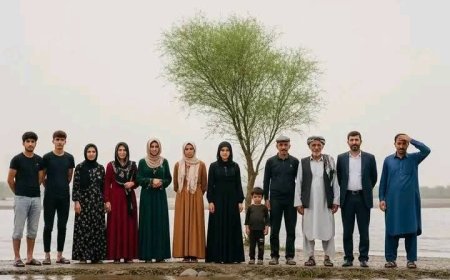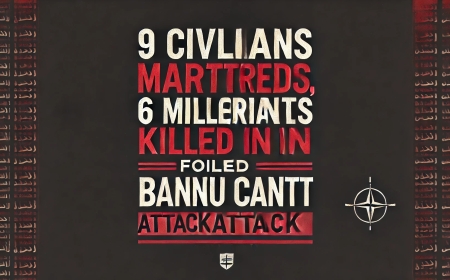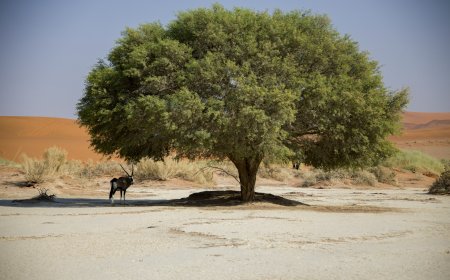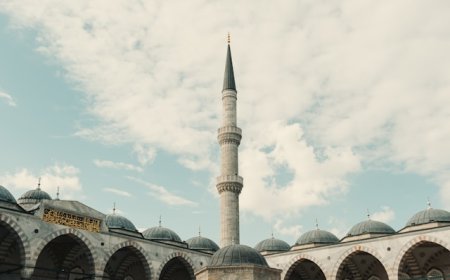Story of Prophet Ibrahim & Islamic Sacrifice Meaning
Explore the story of Prophet Ibrahim (AS) and the deep meaning of sacrifice in Islam, especially during Eid al-Adha. A tale of faith, devotion, and obedience.
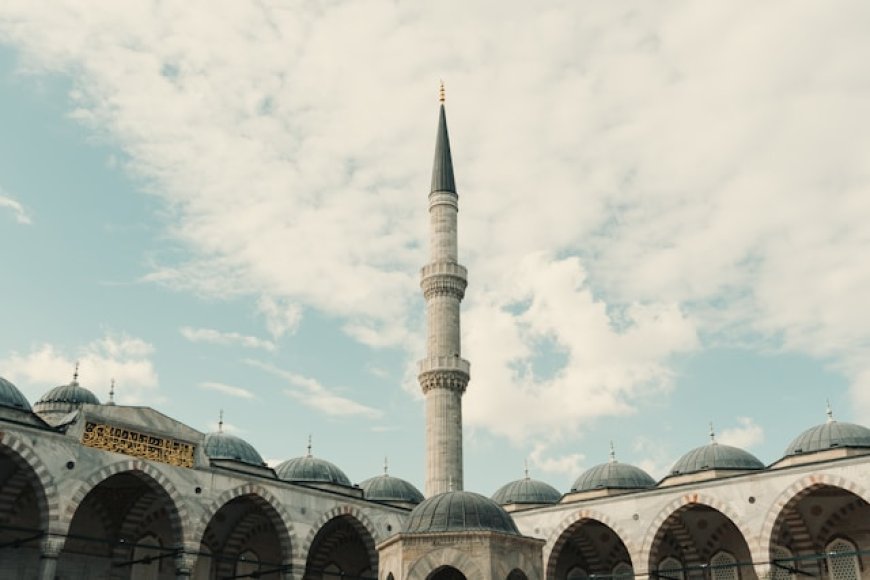
In history of Islam there are many true stories that serve as moral and spiritual guidance for humanity. The most significant themes from the life of Prophet Ibrahim is the concept of sacrifice. It symbolizes the trust and willingness to give up what we love most for the sake of Allah.
Prophet Ibrahim is one of the greatest prophets in Islam. He was born into a society steeped in idol worship. His intellect and spiritual insight led him to the conclusion that the universe must have one supreme Creator, worthy of worship.
The most iconic episode in the life of Hazrat Ibrahim is his willingness to sacrifice his son in obedience to command of Allah. He prayed long for a righteous son and Allah granted his wish in the form of Ismail. Many years later, he received a vision in a dream in which he was commanded by Allah to sacrifice his beloved son.
In Islam, dreams of the prophets are considered divine revelations. The Prophet Ibrahim did not hesitate. He discussed the matter with his son. His son replied that my father do as you are commanded. Both father and son had a complete faith in wisdom of God.
When Hazrat Ibrahim proceeded to carry out the command of Allah. Allah Almighty intervened at the last moment by replacing Hazrat Ismail with a ram as a ransom. It was confirmed from this divine act that the test was not about the physical act of sacrifice but the sincerity of faith of Hazrat Ibrahim.
This story of Hazrat Ibrahim and his son Hazrat Ismail is commemorated annually by Muslims around the world through the festival of Eid al-Adha. It takes place during the Islamic month 10th of Dhul Hijjah and coinciding with the Hajj pilgrimage in Mecca.
During Eid al-Adha the Muslims who are able to do so offer the sacrifice of animals including a sheep, goat, cow or camel. This symbolic act mirrors the devotion of Hazrat Ibrahim. The meat is distributed in three parts:
1. One-third for the family
2. One-third for relatives and friends
3. One-third for the poor and needy
This practice fosters a sense of community, gratitude and compassion.
What's Your Reaction?
 Like
6
Like
6
 Dislike
0
Dislike
0
 Love
1
Love
1
 Funny
0
Funny
0
 Angry
0
Angry
0
 Sad
0
Sad
0
 Wow
0
Wow
0






